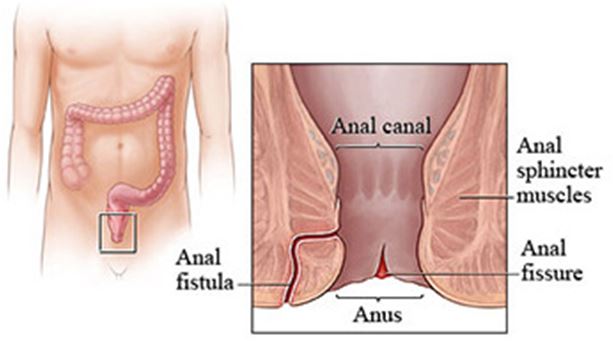Fissurectomy
India
-
Our Price USD 1035
-
Hospital Price USD 1150
-
You Save : USD 115
Booking Amount: USD 104. Pay Remaining 90% at the hospital.
Book NowAdditional Credit
Among the important extras we offer as part of the Additional Credit are the following:
-
Site Tourism For The Patient & Attendant
-
Airport Pick & Drop Service
-
Ambulance service at airport
-
Priority appointments with The Doctor
-
Cancel Easily Anytime with Full Refund
-
Room Upgradation
-
Free Online Doctor Consultation Valued at USD 20
-
Free hotel Stay for 5 to 7 days Accordingly
-
Welcome Kit at Arrival
-
Interpreter
-
Medical Visa Assistance
What is Included?
- Doctor consultation charges
- Lab tests and diagnostic charges
- Room charges inside hospital during the procedure
- Surgeon Fee
- Cost of implant
- Nursing charges
- Hospital surgery suite charges
- Anesthesia charges
- Routine medicines and routine consumables (bandages, dressings etc.)
- Food and Beverages inside hospital stay for patient and one attendant.
What is not Included?
- Extra Radiology Investigations
- Healthcare Professionals Charges of other consultations.
- Other Requested Services such as Laundry etc.
- Additional Pharmaceutical Products and Medicines After Discharge from Hospital.
- Management of Conditions Unrelated to Procedures or Pre-Existing.
- The cost of any additional implants will be in addition to the package cost.
Package Description
Fissurectomy
The fissurectomy entails the removal of the fissure as well as the skin that surrounds it. An anoplasty is a procedure in which a little portion of the rectum's mucosa (inner lining) is used to partly cover a lesion. The sphincter muscles are not sliced through.
Among the treatments for treating persistent anal fissures, fissurectomy is one of the alternatives. Many surgeons employed this method in patients who were at high risk of incontinence, such as the elderly, multiparous women, patients with normal anal tone, and those who had previously undergone anorectal surgery.
The fissurectomy was done using an electric scalpel, commencing with an incision of the anal margin below the fissure's border, then around it, and finally going over the dentate line. Within the same portion of tissue, any connected skin tags were removed.
Disease Overview:
Anal fissures
A tiny tear in the thin, moist tissue (mucosa) that borders the anus causes an anal fissure. When you pass hard or big stools during a bowel movement, an anal fissure might form. Pain and blood with bowel movements are common symptoms of anal fissures. Spasms in the ring of muscle at the end of your anus are also possible (anal sphincter).
Anal fissures are especially prevalent in babies, although they can happen to anybody at any age. Simple therapies, such as increased fibre intake or sitz baths, can help most anal fissures heal. Anal fissures may necessitate medicine or, in rare cases, surgery.
Disease Signs and Symptoms:
The following are signs and symptoms of an anal fissure:
- During bowel motions, there is pain, which can be rather severe.
- Pain that lasts for several hours following bowel movements
- After a bowel movement, there is bright crimson blood on the stool or toilet paper.
- Around the anus, there is a noticeable break in the skin.
- Near the anal fissure, a tiny lump or skin tag appears on the skin.
Disease Causes:
The following are some of the most common causes of anal fissure:
- Stools that are big or hard to pass
- Constipation and bowel motions that are strained
- Diarrhea that persists
- Intercourse anal
- Childbirth
Anal fissures can also be caused by the following less prevalent causes:
- Irritable bowel disease (IBD) such as Crohn's disease or similar inflammatory bowel illness
- Anal cancer
- HIV\sTuberculosis
- Syphilis
Factors that are at risk
Anal fissures can be caused by a variety of factors, including:
Constipation. Tearing is more likely when you strain during bowel motions or pass firm stools.
Childbirth. Women are more likely to develop anal fissures after giving birth.
Crohn's disease is a chronic inflammatory bowel illness. Irritable bowel illness produces persistent inflammation of the digestive system, which can render the anal canal lining more sensitive to ripping.
Intercourse in the anal region.
Age. Anal fissures can occur at any age, although they are more prevalent in children and the elderly.
Disease Diagnosis:
Your doctor will most likely inquire about your medical history and do a physical examination, which will likely include a mild examination of the anal area. The rip is frequently noticeable. This examination is usually all that is required to identify an anal fissure.
Acute anal fissures have the appearance of a new rip, similar to a paper cut. A chronic anal fissure is more likely to develop a deeper rip and fleshy growths on the inside or outside. If a fissure lasts longer than eight weeks, it is called chronic.
The position of the fissure reveals information about its cause. A fissure on the side of the anal orifice, rather than the rear or front, is more likely to indicate the presence of another ailment, such as Crohn's disease. If your doctor suspects you have an underlying disease, he or she may suggest additional testing:
Anoscopy. An anoscope is a tube put into the anus that allows your doctor to see the rectum and anus.
Flexible sigmoidoscopy is a kind of sigmoidoscopy that allows you to move A thin, flexible tube with a small video will be inserted into the bottom region of your colon by your doctor. If you're under 50 and don't have any risk factors for intestinal illness or colon cancer, you may be eligible for this test.
Colonoscopy. To evaluate your whole colon, your doctor will put a flexible tube into your rectum. If you're over 50, have risk factors for colon cancer, evidence of other illnesses, or other symptoms including stomach discomfort or diarrhoea, this test may be recommended.
Disease Treatment:
If you take precautions to keep your stool soft, such as increasing your fibre and hydration intake, anal fissures can heal in a few weeks. Soaking for 10 to 20 minutes in warm water many times a day, especially after bowel motions, can help relax the sphincter and encourage healing.
If your symptoms don't go away, you'll probably require more therapy.
Non-surgical options
Your doctor may advise you to:
- Nitroglycerin (Rectiv) is given externally to aid enhance blood flow to the fissure and facilitate healing, as well as relax the anal sphincter. When other conservative measures fail, nitroglycerin is typically regarded the medical therapy of choice. One of the most common side effects is a strong headache.
- For pain relief, topical anaesthetic creams may be useful.
- Botulinum toxin type A (Botox) injection to calm spasms and paralyse the anal sphincter muscle.
- Oral nifedipine (Procardia) and diltiazem (Cardizem) are two blood pressure drugs that can assist relax the anal sphincter. When nitroglycerin is ineffective or produces substantial negative effects, these medicines can be given orally or administered topically.
Surgery
Your doctor may consider surgery if you have a persistent anal fissure that is resistant to previous therapies or if your symptoms are severe. Doctors commonly conduct a lateral internal sphincterotomy (LIS) operation, which includes removing a tiny piece of the anal sphincter muscle to relieve spasm and improve recovery.
Information related to Treatment
Package Details
Days in Hospital
1 Days
Days in Hotel
*
3 Days
Room Type
Private
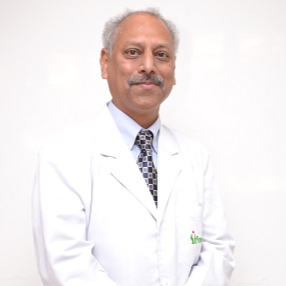
Treating Doctor
Dr. Sudhir Sharma
Bariatric Surgeon- Laparoscopic surgeon, Kidney Stone Specialist, Gastric Sleeve Surgery, Piles Treatment (Non Surgical), Removal Of Stitches Procedure, Gastric Bypass Surgery, Gastric Band Surgery, Gastric Balloon Treatment, Fitsula treatment
Fortis Hospital Noida Noida, India
21 Years of Experience
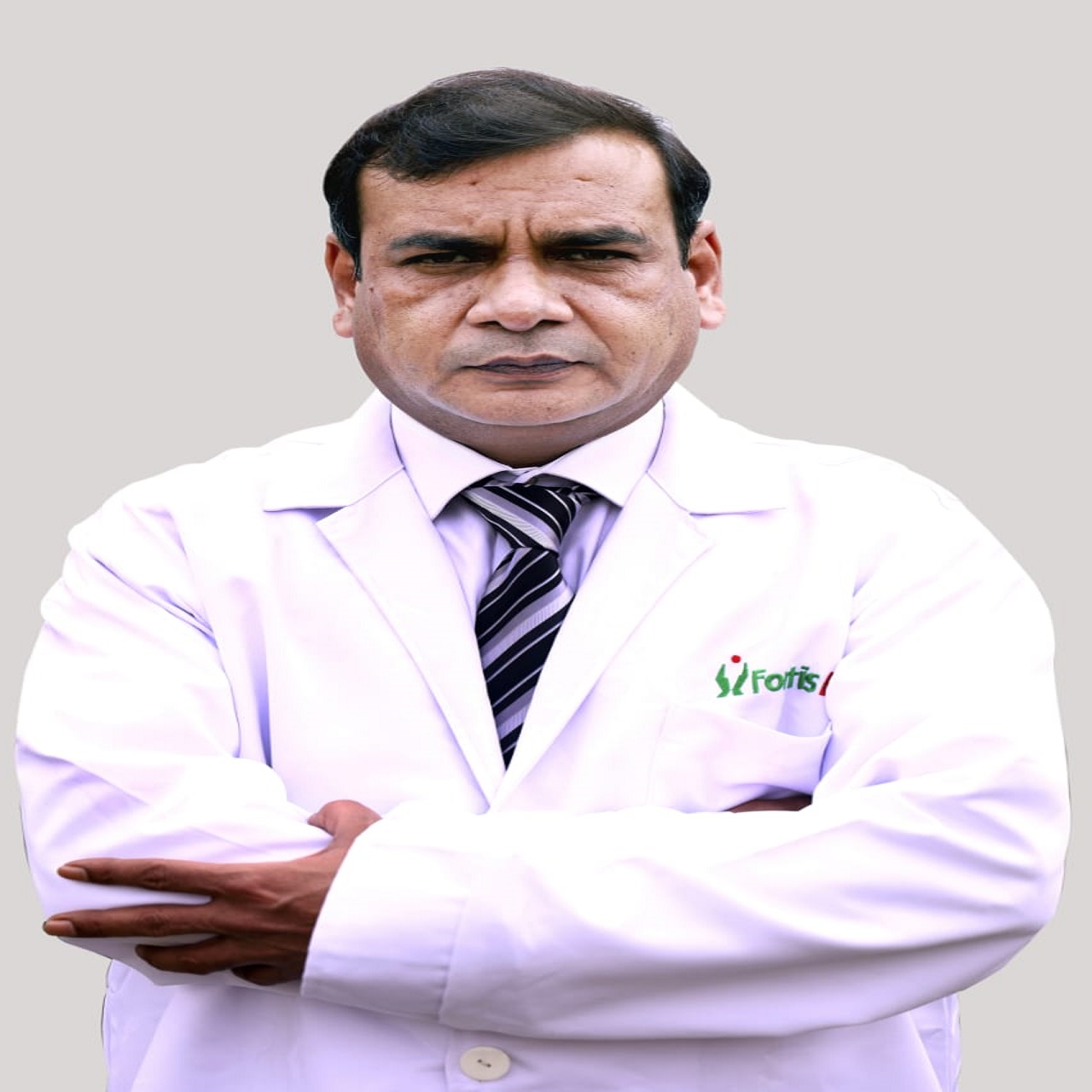
Treating Doctor
Dr. Sanjay Verma
General surgeon- Laparoscopic surgeon
Fortis Escorts Heart Institute New Delhi, India
20 Years of Experience
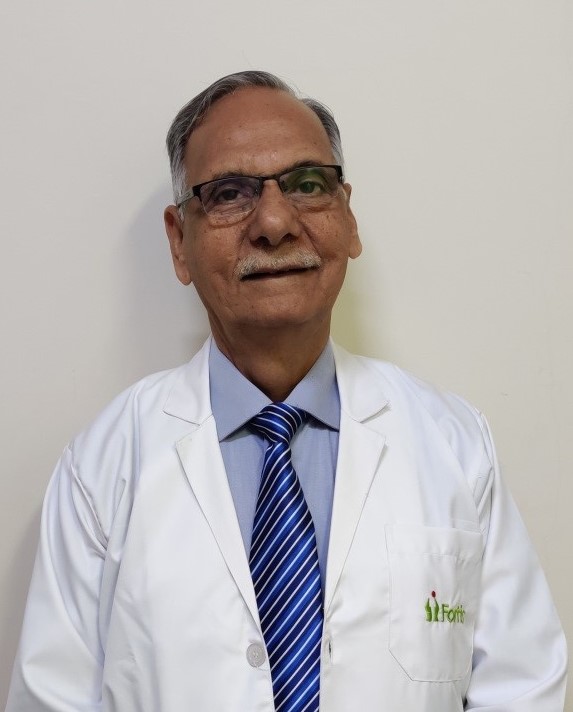
Treating Doctor
Dr. Anand Kumar Chaturvedi
General surgeon- Hernia Surgeon, Appendicectomy, General Surgery, Laparoscopic Appendicectomy, Fitsula treatment, General Surgery, General Surgery
Fortis Hospital Noida Noida, India
45 Years of Experience
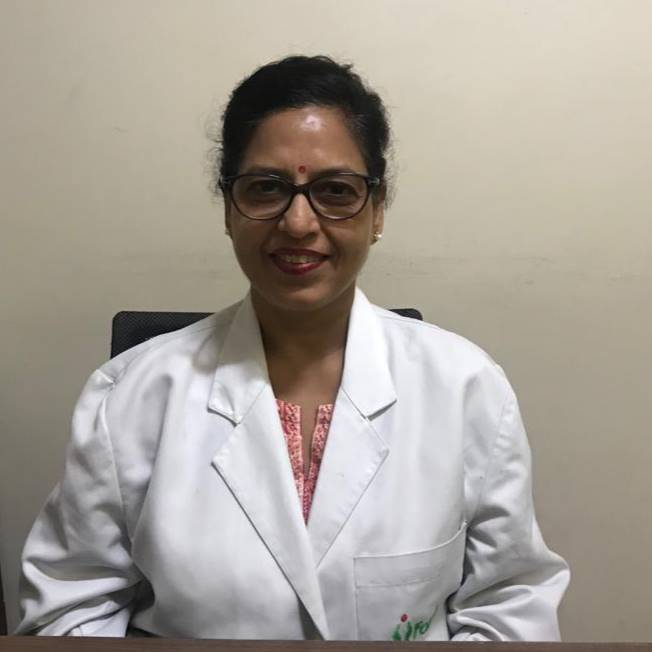
Treating Doctor
Dr Kavita Saxena
General surgeon- Laparoscopic surgeon, Hernia Surgeon, Hernia Surgeon, Hernia Surgeon, Piles Surgeon, Cryotherapy, Breast surgery & MIPH (For Hemorrhoids and Ano reetal surgeries)
Fortis Hospital Noida Noida, India
35 Years of Experience
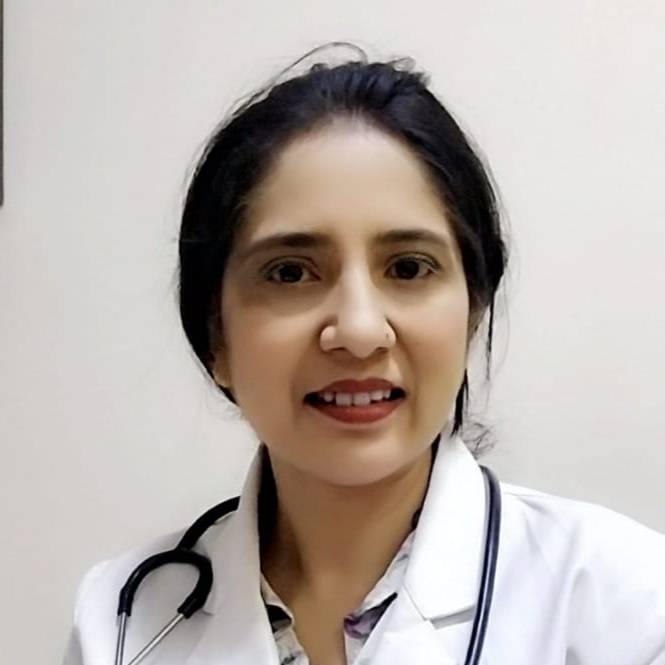
Treating Doctor
Dr Shilpa Verma
Lapasoscopic Surgeon- Laparoscopic Surgery, Laparoscopic Surgery, Rhinoplasty, Abdominoplasty, Abdominoplasty, Rhinoplasty, Piles Surgery, Piles Treatment (Non Surgical), Piles Treatment (Non Surgical), Laparoscopic Surgery, Abdominoplasty, Face Lift/ Rhytidectomy, Rhinoplasty, Piles Surgery, Laparoscopic Surgery, Piles Surgery, Piles Treatment (Non Surgical), Abdominoplasty, Face Lift/ Rhytidectomy, Rhinoplasty, Laparoscopic Surgery, Laparoscopic Surgery
Fortis Hospital Noida Noida, India
21 Years of Experience
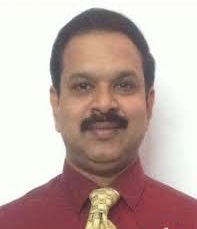
Treating Doctor
Dr Tarun Kumar
General surgeon- Hernia Surgeon, Hernia Surgeon, Hernia Surgeon, Laparoscopic Surgery, Laparoscopic Surgery, Piles Surgery, Laparoscopic Surgery, Piles Surgery, Fitsula treatment, Cryotherapy, Splenectomy, Umbilical Hernia Repair, Laparoscopic Surgery, Piles Surgery, Splenectomy, Laparoscopic Surgery, Laparoscopic Surgery
Fortis Hospital Noida Noida, India
19 Years of Experience
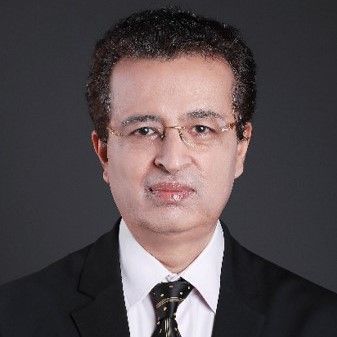
Treating Doctor
Dr Anil Sharma
General surgeon- Hepatobiliary, Hepatobiliary, Gall Bladder Surgeon, Appendix Surgeon, Scarless neck surgery, Bariatric & Metabolic Surgery, Fistula Surgery, Piles Surgery, Diabetes Mellitus, Bariatric & Metabolic Surgery, Weight loss metabolic surgery, Scarless surgery, Cardiomyotomy, Obesity Surgery, Piles Surgery, Fissure, Fistula Surgery, Laproscopic Fundoplication, laparoscopic abdominal and inguinal hernia repair, Treatment of Hernia, Piles Surgery, Thyroid and parotid surgeries
Max Super Speciality Hospital New Delhi, India
27 Years of Experience
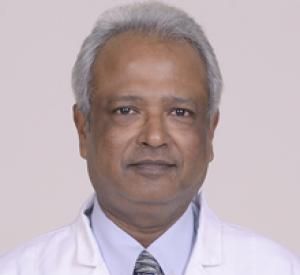
Treating Doctor
Dr P K Dewan
Bariatric Surgeon- Gastrointestinal surgery, Laparoscopic surgeon, Gallbladder Surgeon, Fistula Surgeon, Fistula Surgeon, Hernia Repair Surgery, Anal Fissure Surgery, Anal Fissure Treatment (Non-Surgical), Diabetic Foot, Endoscopic Surgery, Hemorrhoids, Hepato-Biliary-Pancreatic, Incisional Hernia, Laparoscopic Abdominal Surgery, Navel Laparoscopic, Hepato-Biliary-Pancreatic, Hemorrhoids, Endoscopic Surgery
MAX Super Speciality hospital, Patpadganj Delhi New Delhi, India
42 Years of Experience
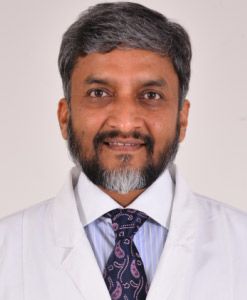
Treating Doctor
Dr. Ajay Jain
General surgeon- Cardiothoracic anesthesiology, Bariatric Surgeon, Hernia Surgeon, Cancer Surgeon, Laparoscopic surgeon, Hernia Surgeon, Liver Transplant, Hernia Surgeon, Laparoscopic surgeon, Bariatric Surgeon, Kidney Transplant, Breast Surgery, GI Surgery, Minimal Access Surgery, Piles Surgery, Thoracic Surgery, General Surgery, Breast Surgery, Piles Surgery, Kidney Transplant, Liver Transplant, Laparoscopic Cholecystectomy, Kidney Transplant, General Surgery, Piles Surgery, Advanced Laparoscopic and Robotic Surgeries, GI Surgery, Minimal Access Surgery, General Surgery, Lung Tranplantation, GI Surgery, Breast Surgery
MAX Super Speciality hospital, Patpadganj Delhi New Delhi, India
27 Years of Experience
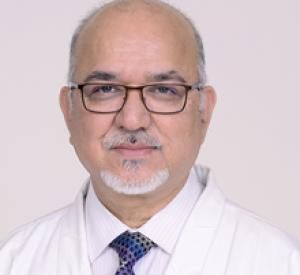
Treating Doctor
Dr Bachan Singh Barthwal
General surgeon- Gall Bladder Surgeon, Minimally invasive surgery, Gastric Band Surgery, Minor Surgery, Laparoscopic hernia surgery (All types), Minor Surgery, Laparoscopic Appendicectomy, Laparoscopic Cholecystectomy, Laparoscopy for Hiatus Hernia, Fitsula treatment
MAX Super Speciality hospital, Patpadganj Delhi New Delhi, India
34 Years of Experience

